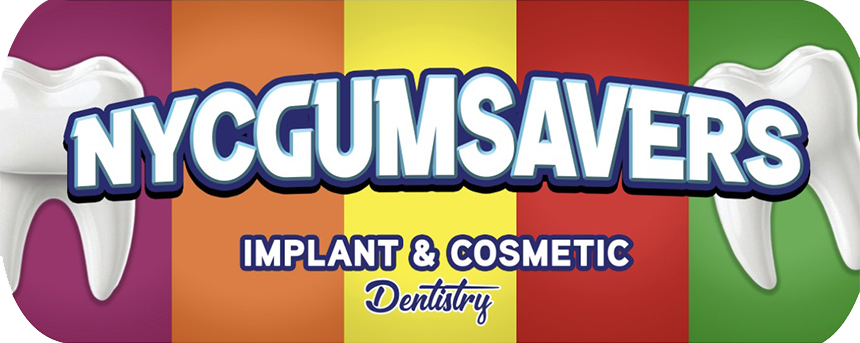Are you struggling with jaw pain, headaches, or neck discomfort? You might be dealing with a temporomandibular joint disorder (TMJ). This common issue affects millions of people, but there is hope for relief. Let's dive into what TMJ is, its symptoms, and how our dental office can help you find comfort.
Understanding the Complex Temporomandibular Joint
Your jaw is a remarkable feat of engineering. It's made up of two temporomandibular joints, one on each side, that connect your lower jaw to your skull. These joints work together with surrounding muscles, ligaments, and tendons to allow for all sorts of oral functions like chewing, speaking, and yawning. The TMJ is especially unique because it can move in multiple directions - up and down, front to back, and side to side.
However, this complexity also means that when things go wrong with the TMJ, it can be tough to treat. That's why our team at Kramer and Kramer Dental is dedicated to providing personalized care for patients dealing with TMJ disorders.
Types of TMJ Disorders and Their Symptoms
TMJ disorders can come in various forms, but they generally fall into one or more of these categories:
- Myofascial pain: This type involves muscle tension and spasms around the jaw joint.
- Internal derangement: Issues here might include a displaced disc, jaw dislocation, or trauma to the condyles of the jaw.
- Degenerative joint disease: Conditions like arthritis can contribute to TMJ problems.
Risk factors for developing a TMJ disorder include long-term teeth grinding or bruxism, jaw injuries, and certain types of arthritis. Symptoms can vary greatly from person to person, but may include earaches, tinnitus (ringing in the ears), headaches, neck pain, dizziness, muscle spasms, joint tenderness, and more.
Restoring Comfort and Oral Health with TMJ Treatment
If you're dealing with a TMJ disorder, don't worry - our dental office is here to help. We provide comprehensive diagnostics and treatment options tailored to your specific needs. Some common approaches to managing TMJ disorders include:
- Occlusal equilibration: Adjusting the bite to ensure even pressure across all teeth.
- Night guards: These protective devices can help prevent teeth grinding and clenching during sleep.
- Restorative or orthodontic care: In some cases, dental work or orthodontic treatment may be necessary to address underlying issues contributing to TMJ problems.
Our ultimate goal is to eliminate your pain and restore normal function to your jaw. With our compassionate team by your side, you can feel confident that we'll work together to find the best solution for you.
Get in Touch with Our Dental Practice Today
If you suspect you might have a TMJ disorder or simply want more information about how our dental office can help, we encourage you to reach out. Contact us today to learn more and take the first step towards finding relief from your jaw pain.




